An alignment of the US and the Assad regime would play into the hands of Islamist extremists.
Last December, Ryan Crocker, the distinguished American diplomat with exceptional experience and expertise in the Middle East, issued an opinion in The New York Times. Given what he characterized as the paramount threat that a growing al-Qaeda presence in Syria posed to US interests, Crocker argued that the time had come for Washington to consider a modus vivendi with Bashar al-Assad.
In the aftermath of his comment, several other voices in the US Intelligence community have been supportive of this view.
I disagree. In the first place, his opinion is uninformed by the great sociological changes in the Arab world which continue to reflect a permanent sociopolitical transformation. Over the long-term, this movement is fluid and inexorable.
It is defined by a popular urge toward modernism and by a growing insistence, despite temporary unfavorable reactions like in Egypt, toward a shift in power from the palace to the street.
Syria is within that trend toward modernism and certainly its citizens are unafraid to act. It is hard to imagine that they would trade the dead hand of Assad’s autocracy for the joyless vision of al-Qaeda, nor the foreigners on their land who promote it.
Second, there has been too much blood spilled; hundreds of thousands have been killed or wounded by Assad, with millions displaced. There will be no national forgiveness by the majority population for this massacre.
Any alignment of the US with an extension of the Assad regime would only serve to fortify the ranks of Islamist extremists and their anti-American ambitions.
And finally, policymakers in Washington must understand that the US will not stanch terrorism the way it sought to contain communism, by often accepting the most repugnant company to checkmate Soviet aggrandizement.
Terror is eminently not a nation-sourced antagonism. Rather, it is a reaction to a Western and American narrative that too often over the last hundred years has left too little egress for an Arab narrative — save that of waging an asymmetrical battle against the principal foreign hegemon.
And relying, as it does, on a very restrictive and prescriptive definition of man’s relationship with the mysteries as its “battle cry.” A battle cry — as it came from the likes of Abu Musab al-Zarqawi — which defines joy or doubt as apostasies, harkening back to similar dark aberrations in Christianity, then and now.
Over time, that brand of zeal will never survive the current emergent sociologies of modernism and popular enfranchisement in the Arab world. It can, however, get a longer life by policymakers, who nowadays are far removed from the street, and by policies such as that advocated by Ambassador Crocker.
The views expressed in this article are the author’s own and do not necessarily reflect Fair Observer’s editorial policy.
Image: Copyright © Shutterstock. All Rights Reserved
Support Fair Observer
We rely on your support for our independence, diversity and quality.
For more than 10 years, Fair Observer has been free, fair and independent. No billionaire owns us, no advertisers control us. We are a reader-supported nonprofit. Unlike many other publications, we keep our content free for readers regardless of where they live or whether they can afford to pay. We have no paywalls and no ads.
In the post-truth era of fake news, echo chambers and filter bubbles, we publish a plurality of perspectives from around the world. Anyone can publish with us, but everyone goes through a rigorous editorial process. So, you get fact-checked, well-reasoned content instead of noise.
We publish 2,500+ voices from 90+ countries. We also conduct education and training programs
on subjects ranging from digital media and journalism to writing and critical thinking. This
doesn’t come cheap. Servers, editors, trainers and web developers cost
money.
Please consider supporting us on a regular basis as a recurring donor or a
sustaining member.
Will you support FO’s journalism?
We rely on your support for our independence, diversity and quality.



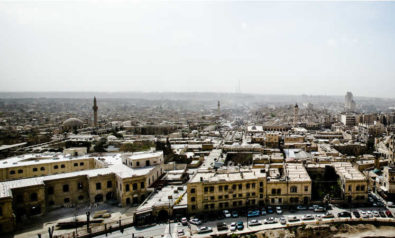



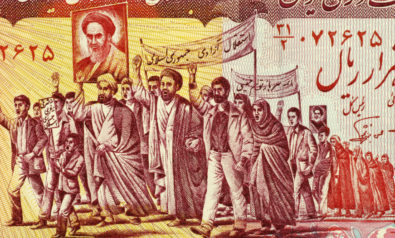

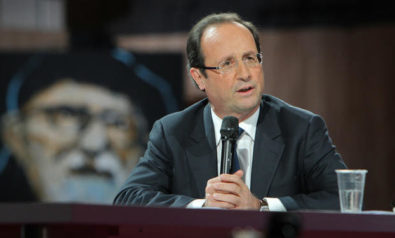
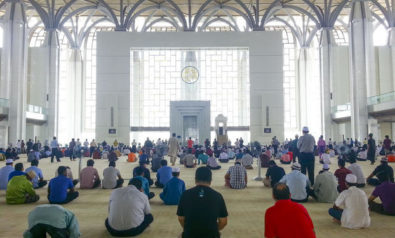
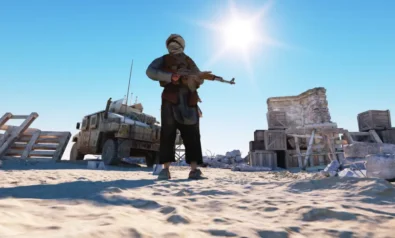

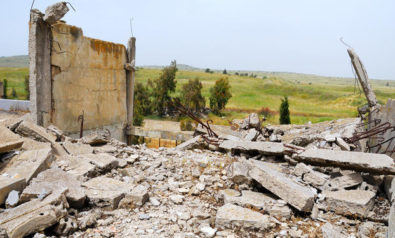


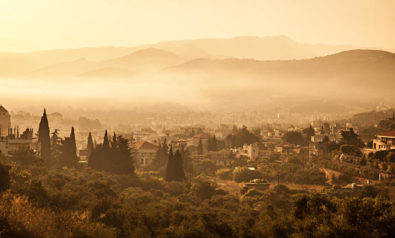




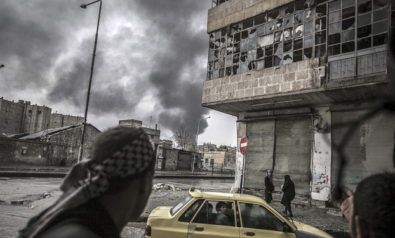

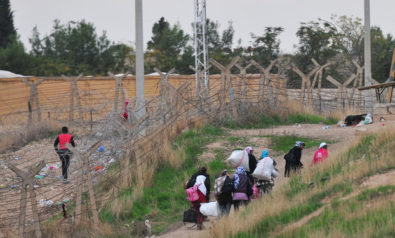
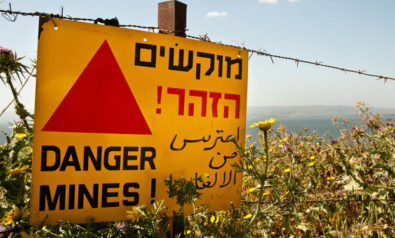
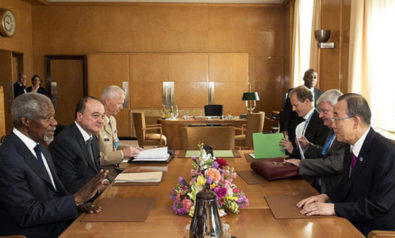
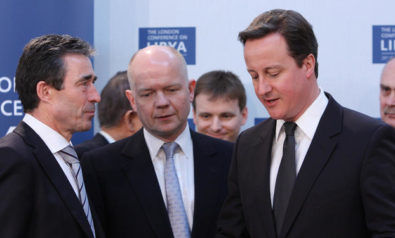
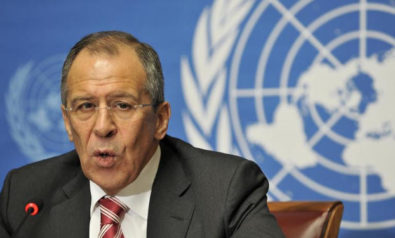

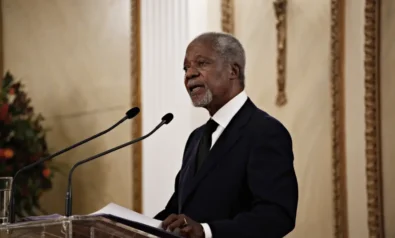

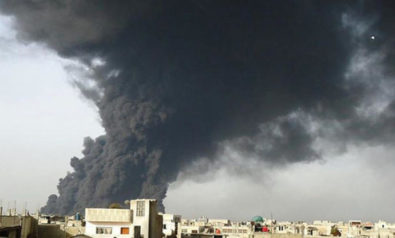

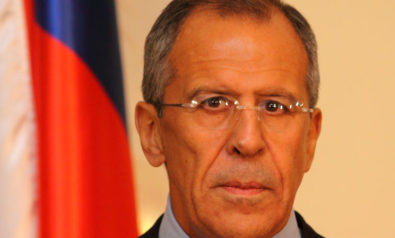
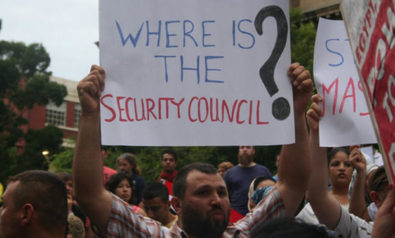



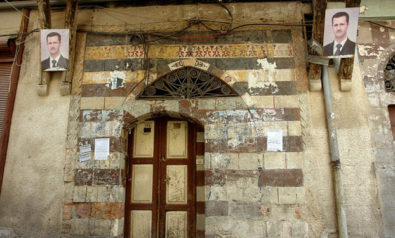



Comment